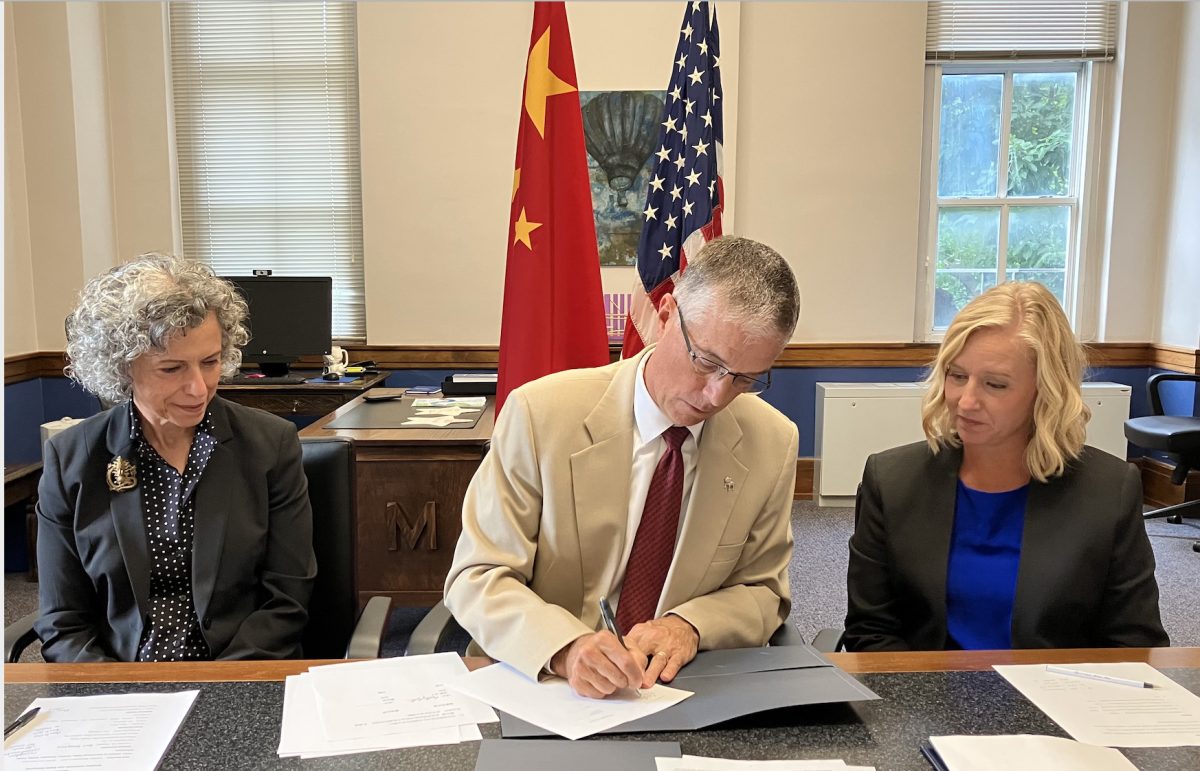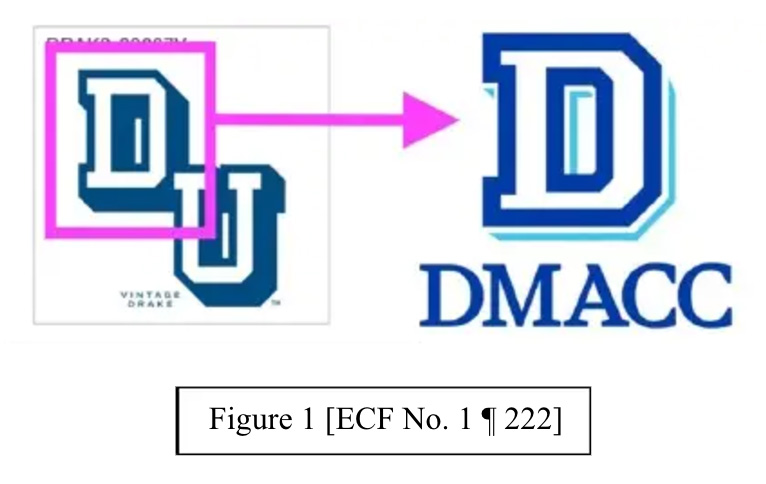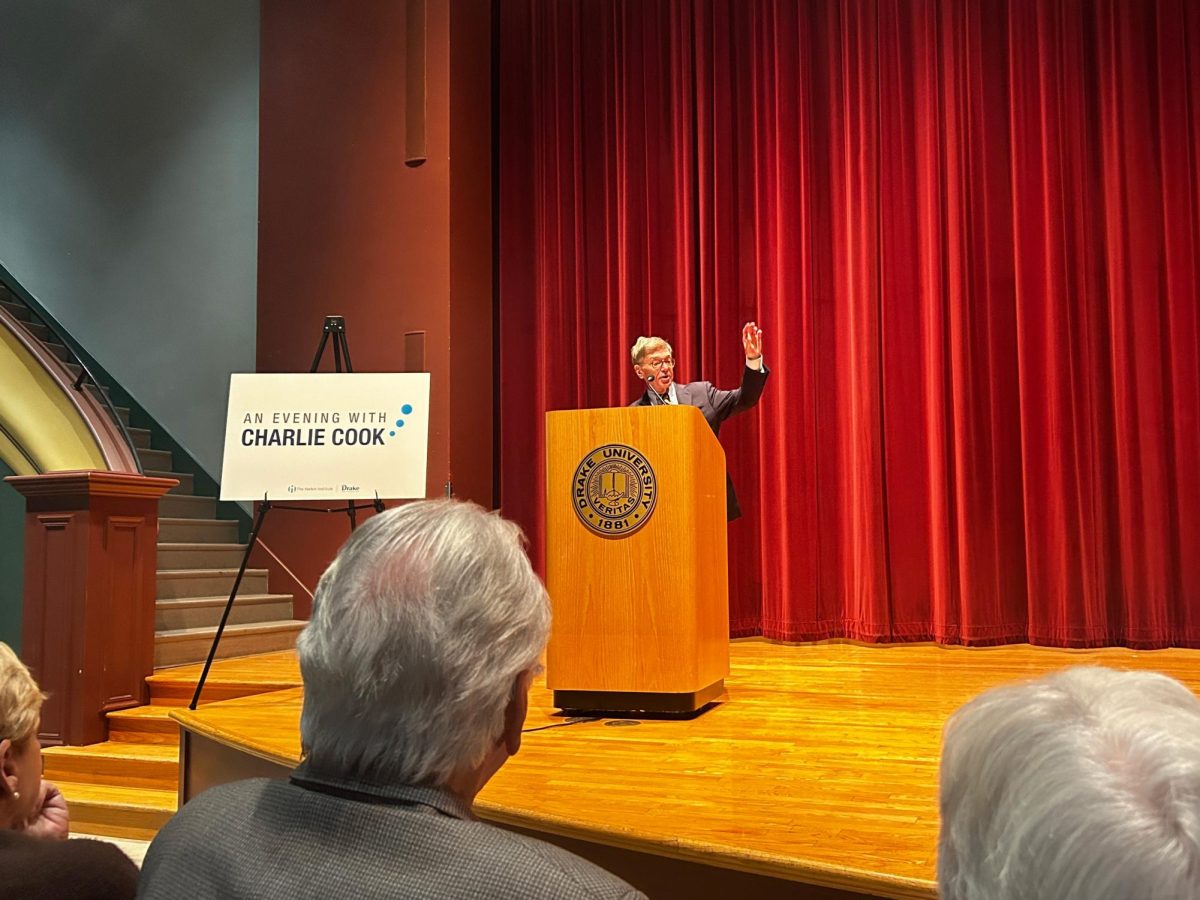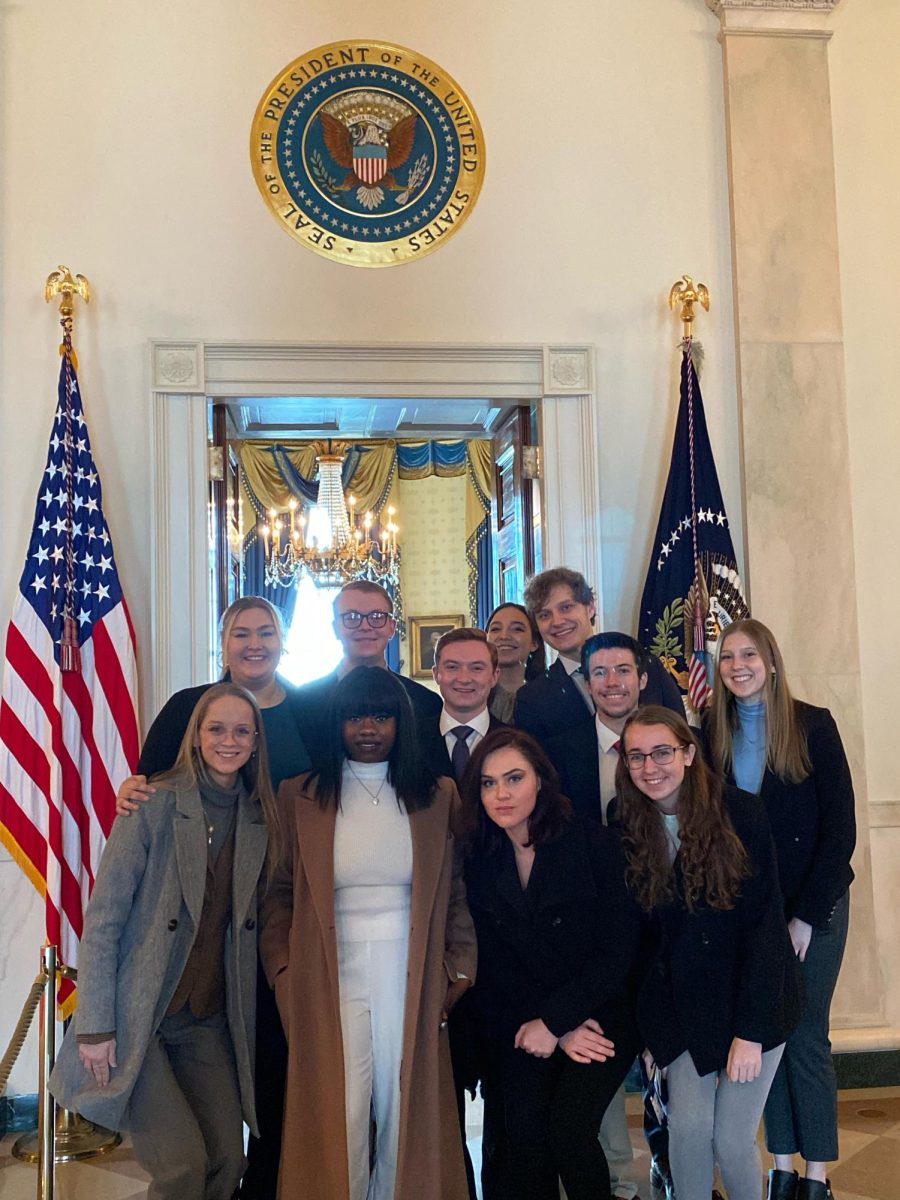An email from one professor sealed the deal for the cancellation of the First-Year Seminar Friday Sessions.
“Based on the feedback we have received in the last week, we have come to the conclusion that continuing these sessions will not accomplish the goals of the program,” Arthur Sanders, associate provost for curriculum and assessment, said in an email. “Therefore, we are ending the Friday sessions.”
Sanders sent the email to first-year students on Tuesday.
Earlier that day, Sanders had said that the necessity for the Friday sessions came out of discussions with colleagues and students who thought the regular FYS sessions were missing opportunities to practice concepts that were taught.
“We wanted a different way to have students think about, learn, be exposed to particular types of skills or dispositions,” Sanders said.
He added that students had expressed the desire to get together with other FYS sessions more formally to share experiences.
Vice President of Student Life Matt Van Hoeck is currently the head of the First-Year Interest Committee. He said that it was interesting to see the entire class come together for a cause so early on.
“It’s the thing that is at the front of every first-year’s mind right now,” Van Hoeck said.
He said in his first meeting he asked the members what they wanted to focus on. The group agreed that the Friday sessions needed to be discussed.
First-year student and FYIC member Natalie Larson said the Friday sessions are just an extension of the regular classes but do not focus on any specific topic. Instead they focus on different ones.
Sanders said the topics covered in the three sessions were reflections, discussions and active learning.
The sessions, which were scheduled each Friday afternoons, happened in six classrooms that were hooked up via video connections. In each of the rooms, there was a host that would facilitate discussions and the learning goals.
Sanders sat in the control room during the sessions. He said that the hosts were in constant communication during the sessions to see if more time was needed during certain parts.
The sessions were designed to build upon one another, which made the attendance required. If students missed a session, they were assigned a short paper that would then be handed in to Sanders.
Sanders said that he was constantly receiving feedback about the sessions from students and faculty.
“We constantly evaluate what we are doing,” he said, “because we are trying something different.”
He also said the evaluation process was still on-going. That was, until he announced the cancellation of the sessions.
In the email, he said that discussions to find “alternative” ways to reach the goals of the Friday sessions would continue.
At the time of publication, Sanders could not be reached to comment on why he decided to announce the cancellation of further Friday sessions.
Justin Kochanski, a first-year biochemistry and microbiology major, was one of the first-year students who took the initiative to try and change the Friday sessions.
“After the second or third Friday session and after already hearing the constant complaints of the freshman around me, I thought maybe someone should do something,” he said.
Kochanski ate lunch with his PMAC, and they discussed an idea on how to take action. While sitting in his room with one of his friends, he drafted a mission statement and a petition.
The petition reads:
“We, the first-year student body, believe that the current design and implementation of First-Year Video Sessions has thus been ineffective in accomplishing the goals layed (sic) out by the institution of Drake University.”
To get signatures, Kochanski said he walked around the first-year residence halls and knocked on doors.
Sanders said part of the evaluation process is to look at every comment that is more than just “end it (Friday sessions).”
The petition was one of those. It also reads:
“Though we do not necessarily call for the abolition of this program, the following complaints are ubiquitous throughout the student body, and it is imperative that we reach a consensus for proper action through open dialogue between the administration and the student collective.”
After having 488 first-year signatures on the petition, Kochanski took the petition to the administration.
He sent an email to Sanders and other members of the administration, and that is when a meeting was scheduled. Then he brought three friends with him and had a two-hour meeting with Sanders. Kochanski described the meeting as a “constructive talk.”
“I think that after talking to Art Sanders, one of the major things he focused on was the idea of wrapping your mind around hard concepts,” Kochanski said. “The whole point of it was to shift into this collegiate mind-set and start thinking about more challenging things.”
Sanders said in an email to The Times-Delphic that efforts were made to improve the sessions before cancelling them altogether.
“We have been, since the beginning, working to make the sessions more effective,” Sanders said. “We got to off to an unfortunate bad start and since then have been trying to improve them, in light of feedback we have been receiving from students and faculty.”
He said that during his latest rounds of discussions over the weekend and earlier this week, he proposed a conclusion.
“While the sessions were improving, the rate of improvement was not enough to allow us to reach the goals we had,” Sanders said. “Under those circumstances, it did not make sense to continue the sessions.”






